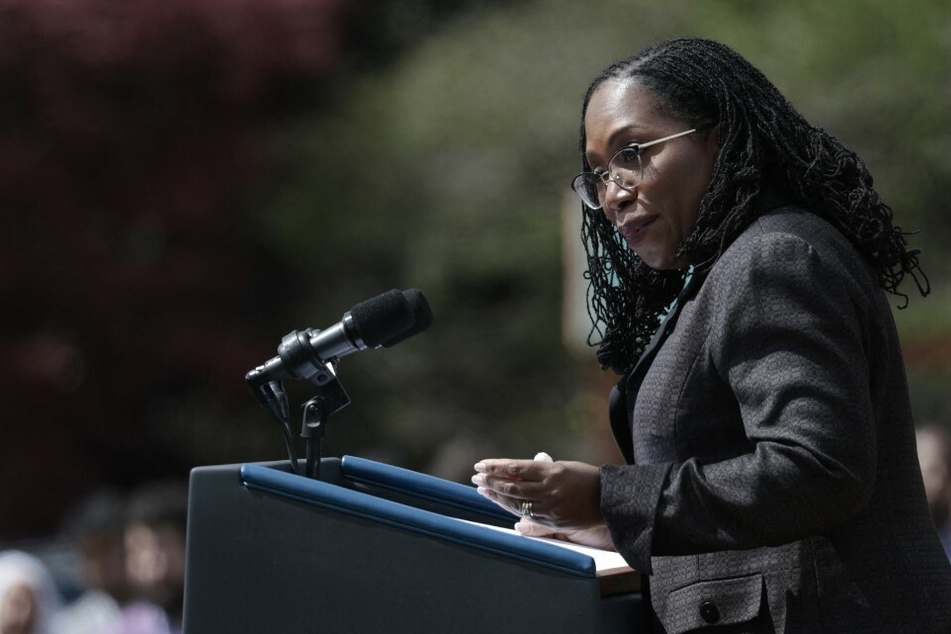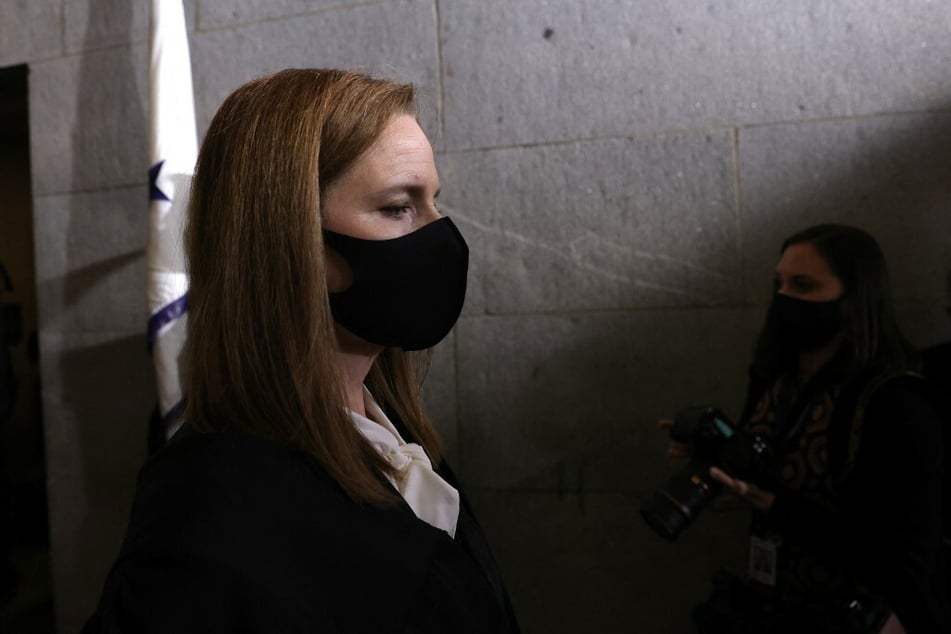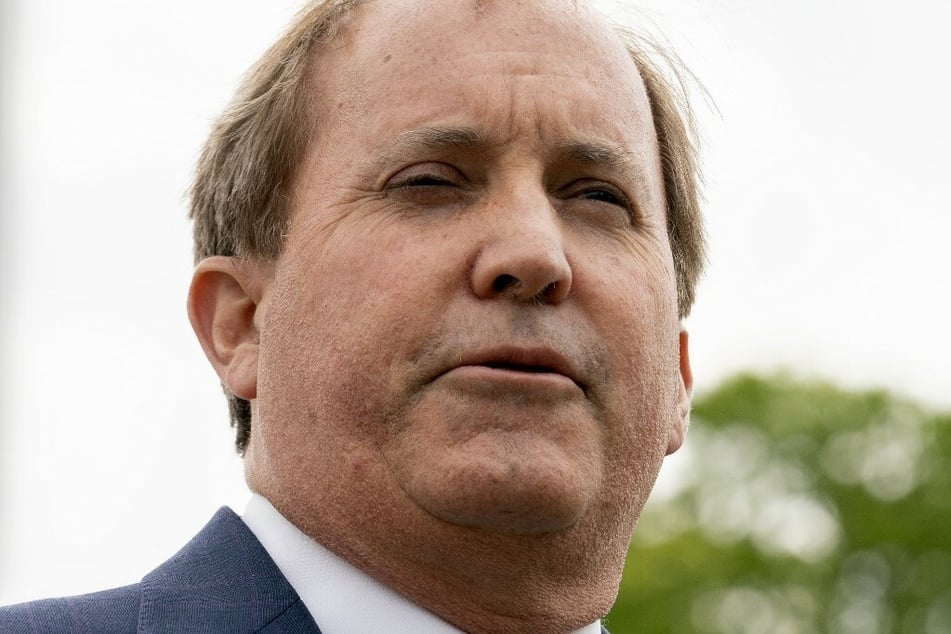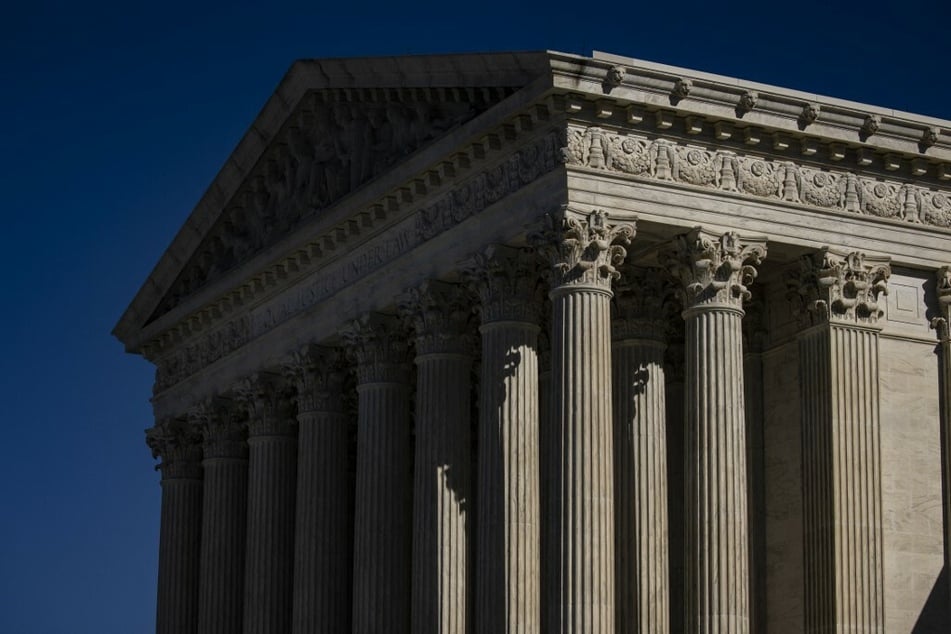Supreme Court turns down Biden’s emergency immigration appeal
Washington DC - The Supreme Court on Thursday turned down an emergency appeal from the Biden administration and left in place a Texas judge’s order that says the government must detain and deport immigrants who have serious crimes on their record.

Justice Ketanji Brown Jackson cast her first vote in dissent, saying she would have set aside the judge‘s order. Justices Sonia Sotomayor, Elena Kagan, and Amy Coney Barrett also voted to grant the administration’s emergency appeal.
Although the five other conservative justices rejected the emergency appeal, the court said it would hear the administration’s arguments in December.
The decision again highlights the court’s shift to the right. In the past, the justices routinely said the executive branch has broad authority to enforce the immigration laws.
But in this instance, a Texas judge effectively set the national policy by vetoing the Biden administration’s enforcement plan, which said agents should focus their efforts on apprehending and detaining immigrants who posed the greatest threat.
Neither the conservative appeals court in New Orleans nor the conservative majority at the Supreme Court was willing to rein in the Texas judge.
SCOTUS' decision not likely to have immediate effect

The action Thursday also led to a first-of-its-kind 5-4 split at the highest court. The five male justices turned down the administration’s appeal, while the four female justices voted to grant it.
The decision is not likely to have a direct or immediate effect. The administration has said it does not have enough staff and jail facilities to detain all the immigrants who could be subject to deportation for past crimes.
For the past year, Republican state attorneys general and the Democratic administration have been locked in a dispute over immigration enforcement.
At issue is whether the law requires mandatory detention for immigrants with a serious crime on their record or allows the administration to prioritize deportations by focusing on those who pose a current danger to public safety.
Often, immigrants serve years in state prisons for crimes and are then released, when they may be taken into custody by federal immigration agents.
Texas judge declared Biden administration's policy illegal

Since taking office early last year, Biden’s appointees at the Department of Homeland Security have issued several memos setting guidelines for deciding whether certain immigrants must be detained and deported.
"It is well established in the law that federal government officials have broad discretion to decide who should be subject to arrest, detainers, removal proceedings, and the execution of removal orders," DHS Secretary Alejandro Mayorkas said last September. He said enforcement should focus on "non-citizens who pose a current threat to public safety," not anyone with a past record of serious crimes.
Biden and previous administrations have argued there are insufficient resources to deport all immigrants with a criminal record.
But Texas Attorney General Ken Paxton filed a suit contending the law required the government to arrest, detain, and deport what Congress called "criminal aliens," including those who had an "aggravated felony" on their record.
He won a broad ruling from US District Judge Drew Tipton, a Trump appointee, who sits in Corpus Christi, Texas. Tipton issued a nationwide order declaring the administration’s enforcement policy was illegal and may not be used.
The 5th US Circuit Court of Appeals in New Orleans refused to lift the order on July 6.
US solicitor general files emergency appeal

US Solicitor Gen. Elizabeth Prelogar filed an emergency appeal on July 8 and urged the Supreme Court to block the district judge’s order in the Texas case.
She said it has long been understood that immigration authorities do not have enough agents or jail cells to arrest and detain all the undocumented persons who could be subject to deportation.
"By purporting to dictate how and when the executive branch should enforce immigration law in all 50 states, the district court upended the separation of powers and intruded on a core executive prerogative," she wrote in her appeal in United States vs Texas. The government faces "significant resource constraints" that "make it imperative that the Department of Homeland Security have the freedom to target non-citizens who pose the greatest threat to national security, public safety, and border security."
She also cited an "explosion of state suits seeking nationwide relief" and urged the court to put a stop to them.
"For most of our nation’s history, a suit like this would have been unheard of. Courts did not allow states to sue the federal government based on the indirect, downstream effects of federal policies," she said.
"But suits like this have recently become routine. California, for example, filed 122 lawsuits against the Trump administration, an average of one every two weeks, and Texas’ attorney general recently announced that he had filed his 11th immigration-related lawsuit against the Biden administration – the 27th overall against Biden."
The attorneys general of Louisiana, Arizona, and 17 other Republican-led states agreed with Texas and urged the court to reject the administration’s appeal.
Cover photo: Collage: Anna Moneymaker / GETTY IMAGES NORTH AMERICA / Getty Images via AFP & WIN MCNAMEE / GETTY IMAGES NORTH AMERICA / Getty Images via AFP

